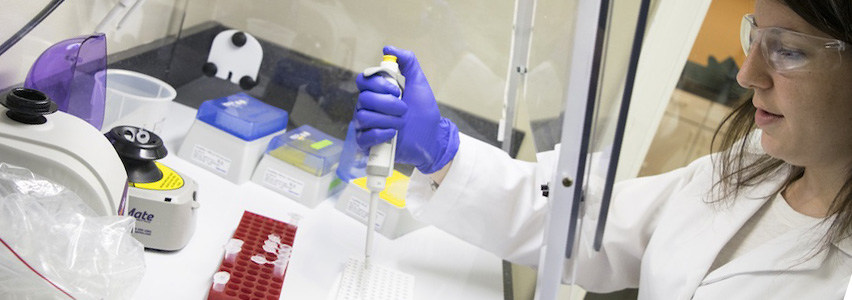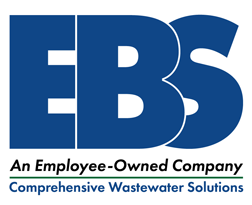
The utilization of Molecular Biology is increasingly important in the scope of wastewater treatment. Many plants have fecal coliform limits which are impacted by non-human sources of fecal coliform bacteria. By identifying the source of fecal coliform contamination, the permit exceedances may be explained to the state. In wastewater studies, EBS can monitor for different species of bacteria present in the treatment system and quantify the amount of DNA in a sample from those organisms. Once DNA has been extracted from a water sample, multiple markers can be quantified to categorize the types of bacteria present in that sample and throughout the treatment system. If fecal indicator bacteria concentrations are too high in a system, studies can be designed to track and quantify potential sources of fecal contamination. We can use species-specific markers to differentiate between bacteria that likely come from environmental sources (e.g. plant material) and those that are found in human or animal feces. Quantitative polymerase chain reaction (qPCR) can also be used to detect the presence of human pathogens to assess the risk to public health – another indicator of whether or not there is fecal contamination present.
